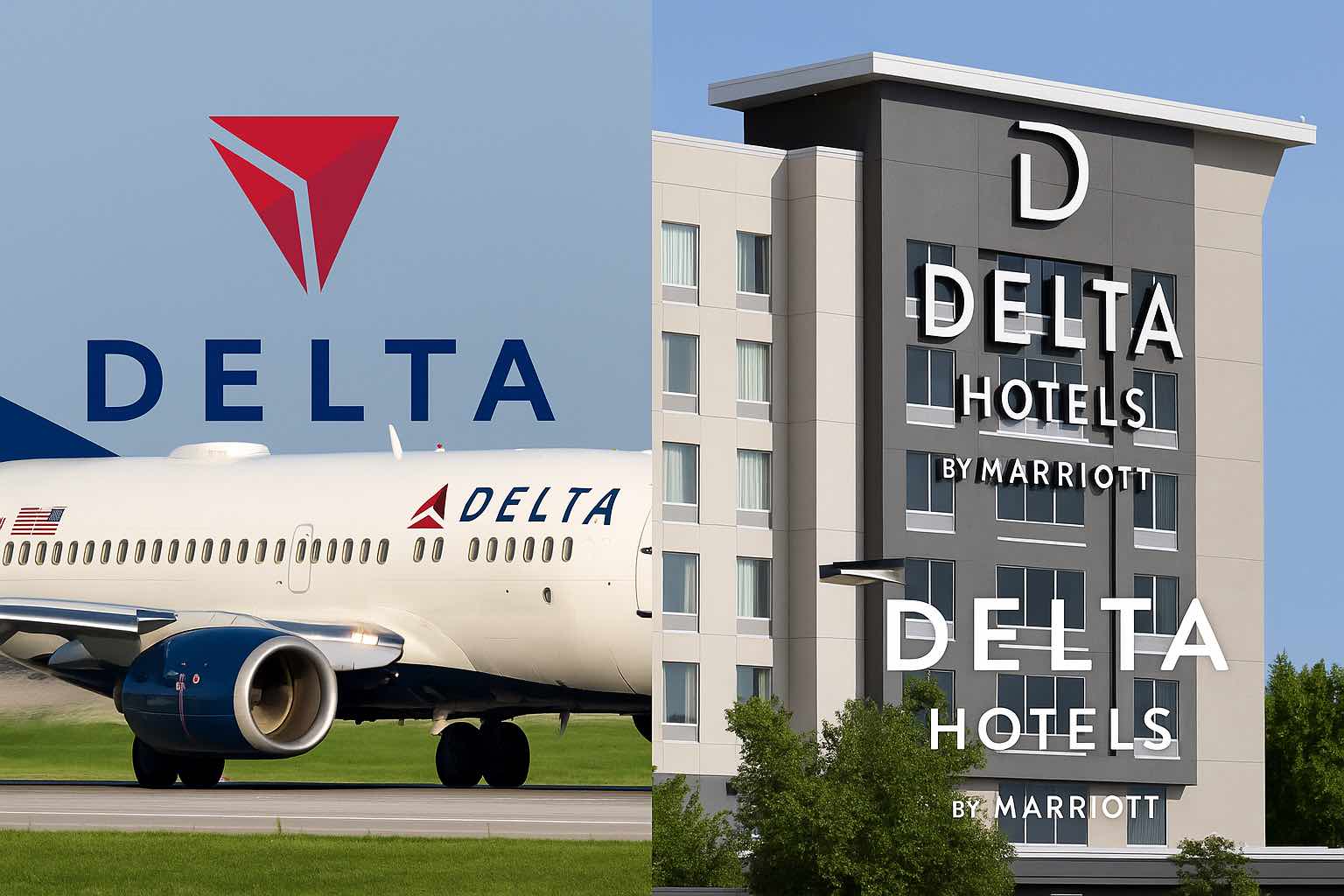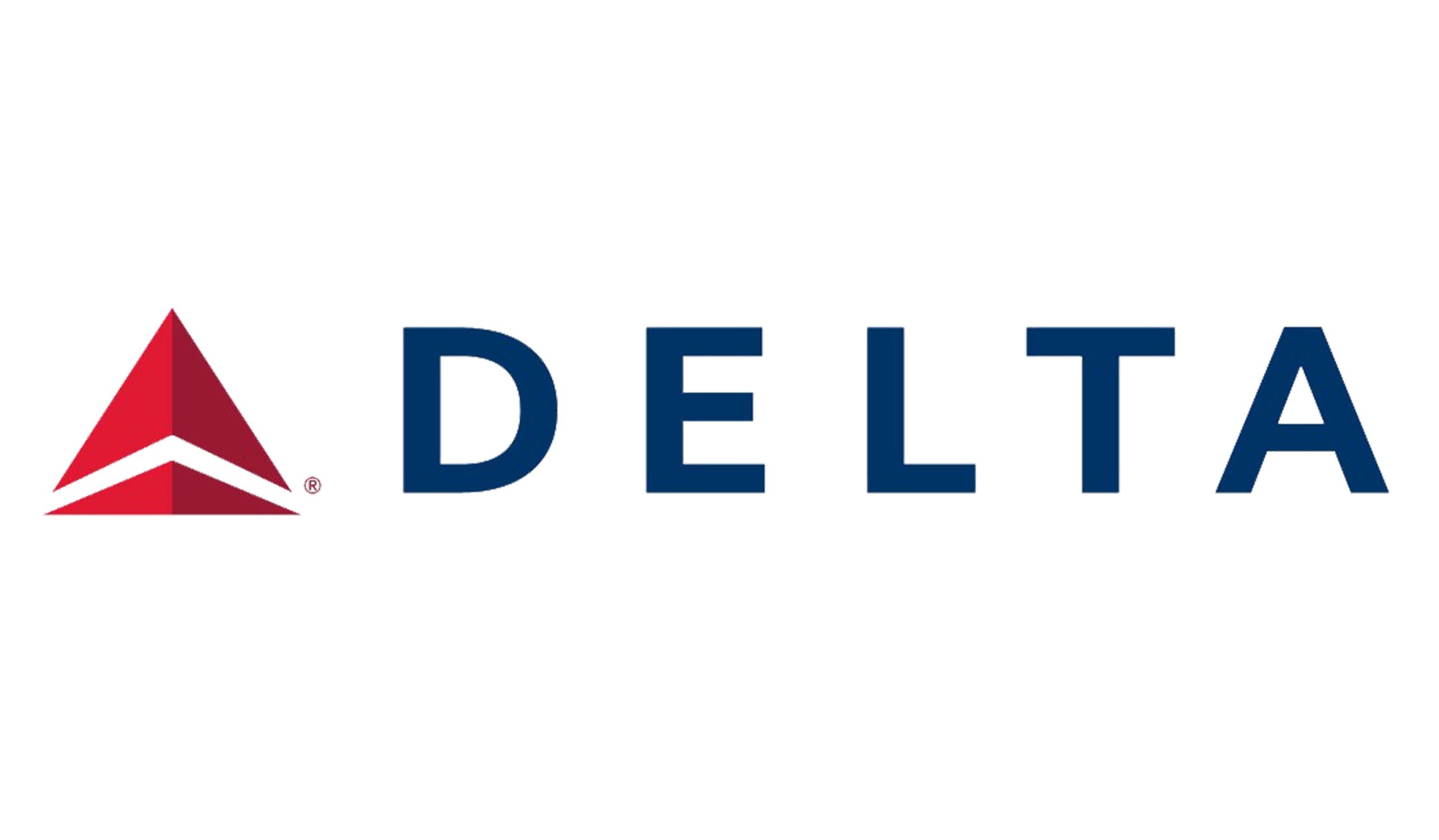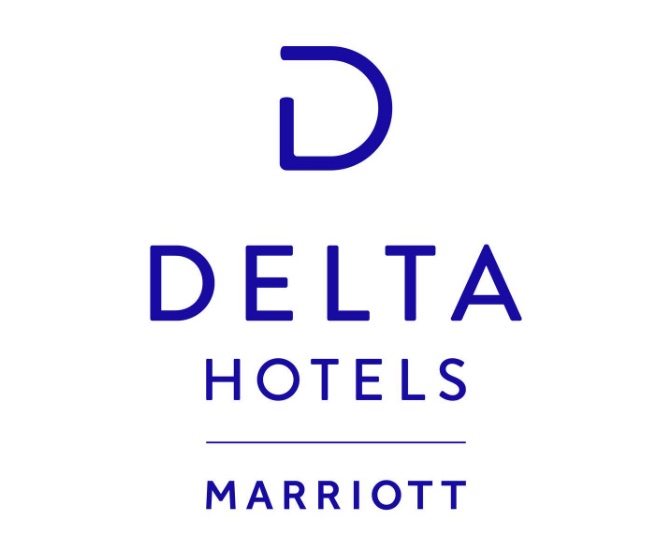Delta Air Lines Has A Strong Case Against Marriott

Two global travel brands share one powerful Greek letter, and now a courtroom will decide who owns its meaning.
Delta Air Lines Sues Marriott Over “Delta Hotels” Branding
Delta Air Lines has taken Marriott International to court over the “Delta Hotels by Marriott” brand, arguing that Marriott is “hijacking” Delta’s marks and goodwill by using an identical name in the same broad travel sector. The dispute, filed in federal court in Atlanta and now moving forward, centers on claims of trademark infringement and dilution tied to the DELTA word mark and related iconography.
Marriott acquired Canada’s legacy Delta Hotels chain in 2015 and has since expanded the brand in North America and beyond. My children found themselves unexpectedly at a Delta Hotel in Fargo, North Dakota after a Sun Country diversion over the summer. Delta Air Lines, for its part, points to decades of consumer association with its name and the famous red “widget” triangle, first introduced in 1959, as core brand assets that anchor its identity across signage, aircraft, apps, and marketing.
Trademark law turns on whether ordinary consumers are likely to be confused about source, sponsorship, or affiliation. Delta argues that overlap across the same customer journey, including search results, booking funnels, airport-area signage, loyalty messaging, and co-marketing, creates a real risk that travelers will assume a connection between Delta Air Lines and Delta Hotels. Marriott maintains that Delta Hotels is a long-standing name (dating back to the 1960s in Canada) and is clearly identified as a Marriott sub-brand, reducing confusion.
My Thoughts
In my view, this lawsuit has merit. Here’s why:
- “Delta” is the lead term in both brands. Consumers skim. They see the same headline word attached to travel. That’s a classic confusion trigger.
- Airlines and hotels sell adjacent services in one trip. They share channels (OTAs, metasearch, co-branded pages, airport corridors). Proximity increases confusion risk. Marriott has bought this Canadian brand into U.S. markets, overlapping areas served by Delta Air Lines
- Search “Delta hotels near ATL” or “Delta reservations.” It is easy for an average traveler to assume official affiliation, loyalty earn/burn, or bundled booking when none exists. That’s precisely what trademark law tries to prevent.
- Because Delta’s mark is globally famous, it enjoys stronger legal safeguards against dilution, even outside identical products or services.
But here’s the kicker for me: While Marriott does not use the widget, its uppercase styling of Delta is exactly like Delta’s logo…creating real consumer confusion (including from me, when I booked that Delta Hotel in North Dakota). Hotels and airlines have long been intermingled (for example, United Airlines once owned Westin and Pan Am created the InterContinental hotel chain).
Marriott can argue heritage and its clear “by Marriott” suffix, but the average traveler doesn’t parse sub-branding that carefully. The dominant term, DELTA, does all the work, and Delta Air Lines has built immense recognition around it. In this context, I think the airline’s argument for consumer confusion is compelling.


I don’t think Marriott will be barred from using the fourth letter of the Greek alphabet, but I think it will be ordered to refresh its logo and make its association with Marriott much clearer.
Finally, just like SAS and Radisson once had a deep partnership, I’m not sure it would hurt Delta to partner with a hotel chain (it would fit in well with Delta’s vertical integration approach). But that’s not the matter before us and I think Marriott will lose because of the way it chose to stylize its sub-brand.
CONCLUSION
Two major brands collided the moment Marriott placed “Delta” on hotel façades near airports where Delta’s own logo dominates the skyline. Legacy aside, the question is simple: would an ordinary traveler believe these Deltas are connected? In my view, yes, and that’s why this lawsuit deserves to be taken seriously.